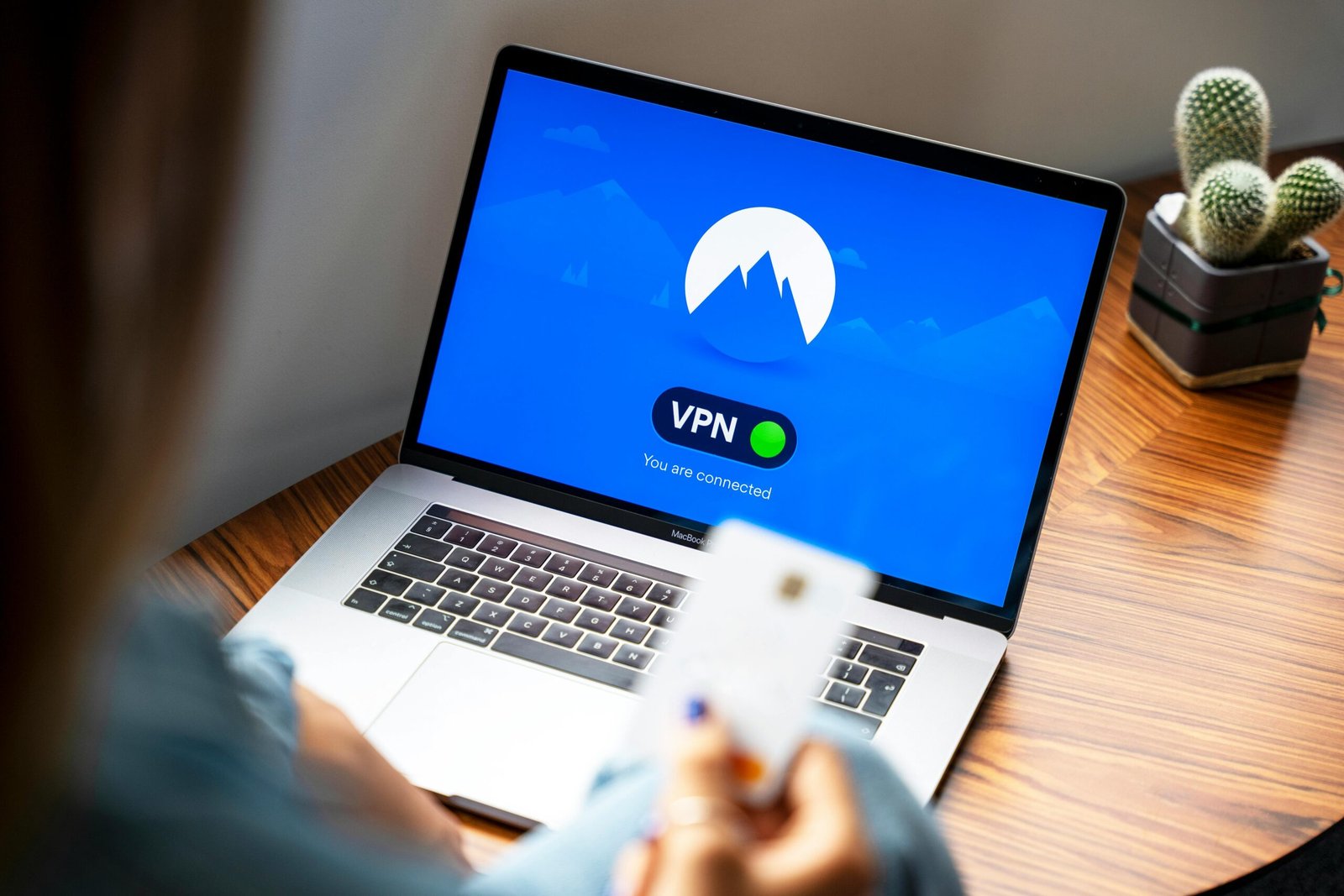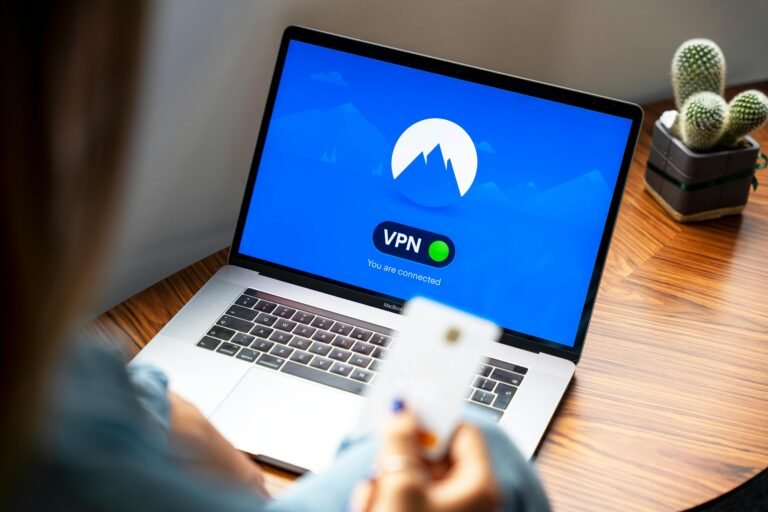Cybersecurity for Beginners:
As the digital landscape continues to expand, understanding cybersecurity has become increasingly important. For beginners, diving into the world of cybersecurity can seem daunting, but with the right guidance and resources, it’s possible to build a solid foundation and develop the skills needed to protect against cyber threats. This guide provides an overview of cybersecurity for beginners, highlighting key concepts, essential skills, and resources to get you started on your journey to becoming a cybersecurity professional.
Why Cybersecurity is Important for Beginners
- Protect Personal Information: With the rise in cyberattacks, protecting your personal information online is crucial. Understanding basic cybersecurity principles helps safeguard your data from identity theft, financial loss, and other online threats.
- Career Opportunities: Cybersecurity is a rapidly growing field with a high demand for skilled professionals. By starting early and building your knowledge, you can position yourself for a rewarding career in this dynamic industry.
- Enhance Online Safety: Basic cybersecurity knowledge allows you to implement security measures to protect your devices and online accounts, ensuring a safer browsing experience.
- Understand Cyber Threats: Awareness of common cyber threats and attack methods is essential for defending against them. Learning about these threats helps you recognize and mitigate potential risks.
Key Concepts in Cybersecurity for Beginners
- What is Cybersecurity? Cybersecurity involves the protection of computer systems, networks, and data from unauthorized access, attacks, or damage. It encompasses a range of practices and technologies designed to ensure the confidentiality, integrity, and availability of information.
- Types of Cyber Threats:
- Malware: Malicious software such as viruses, worms, and ransomware designed to damage or gain unauthorized access to systems.
- Phishing: Fraudulent attempts to obtain sensitive information by disguising as a trustworthy entity.
- Denial of Service (DoS) Attacks: Overloading a network or system with traffic to disrupt services.
- Man-in-the-Middle (MitM) Attacks: Intercepting and altering communication between two parties without their knowledge.
- Basic Security Measures:
- Strong Passwords: Use complex passwords and change them regularly to protect your accounts.
- Two-Factor Authentication (2FA): Add an extra layer of security by requiring a second form of verification.
- Regular Software Updates: Keep your operating system and applications up-to-date to patch vulnerabilities.
- Antivirus Software: Install and maintain antivirus software to detect and remove malware.
- Safe Online Practices:
- Secure Browsing: Avoid visiting suspicious websites and clicking on unknown links.
- Email Safety: Be cautious of unsolicited emails and avoid opening attachments from unknown senders.
- Data Encryption: Use encryption tools to protect sensitive information during transmission and storage.
Getting Started with Cybersecurity Education
- Online Courses and Resources: Numerous online platforms offer beginner-friendly courses in cybersecurity. For a comprehensive introduction, visit Practical Ethical Hacking to explore their educational resources and courses designed for beginners.
- Certifications: While advanced certifications may require more experience, beginners can start with entry-level certifications such as CompTIA Security+ or Certified Cybersecurity Awareness Practitioner (CCAP). These certifications provide foundational knowledge and are a great way to demonstrate your commitment to the field.
- Books and Guides: There are several beginner-friendly books and guides available that cover basic cybersecurity concepts. Books like “Cybersecurity for Beginners” by Dr. Adriana Sanford and “The Cybersecurity Survival Guide” by A. Cole can provide valuable insights and practical tips.
- Online Forums and Communities: Engage with online forums and cybersecurity communities to ask questions, share knowledge, and learn from others in the field. Websites like Reddit’s r/cybersecurity and Stack Exchange offer valuable discussions and advice for beginners.
- Practical Experience: Hands-on experience is crucial for reinforcing your knowledge. Participate in cybersecurity challenges and labs to practice your skills in a controlled environment. Many online platforms offer virtual labs and simulations to help you gain practical experience.
External Resources
- For detailed beginner resources and courses, visit Practical Ethical Hacking.
- Explore entry-level certification details and resources on the official CompTIA website.
Conclusion
Cybersecurity for beginners involves learning fundamental concepts, understanding common threats, and adopting basic security practices. By starting with foundational knowledge, exploring educational resources, and gaining practical experience, you can build a strong base for a successful career in cybersecurity. Utilize top resources, pursue entry-level certifications, and stay informed about industry developments to advance your skills and enhance your online security.
Hot Topics in Cybersecurity include essential tools and certifications that every professional should be aware of. For instance, mastering Nmap is a must for effective network scanning and vulnerability assessment. If you’re preparing for certification, the CompTIA Security+ SY0-701 course is a must-take to ensure you’re well-equipped for the exam. To enhance your preparation, utilize the SY0-701 Free Practice Exam to test your readiness. Additionally, joining the Practical Ethical Hacking Membership Levels provides valuable resources and updates to stay current in the dynamic field of cybersecurity. For further learning, explore Cybersecurity and Practical Ethical Hacker Courses on YouTube. Engaging with these must-take courses and resources will significantly boost your skills and knowledge in this critical area.


